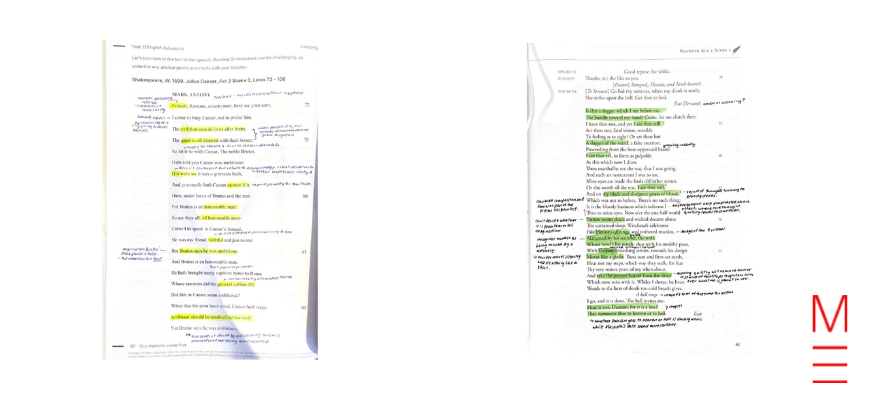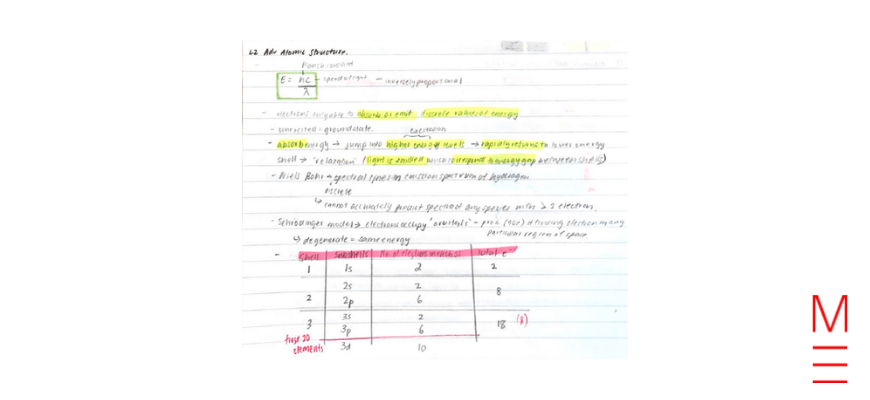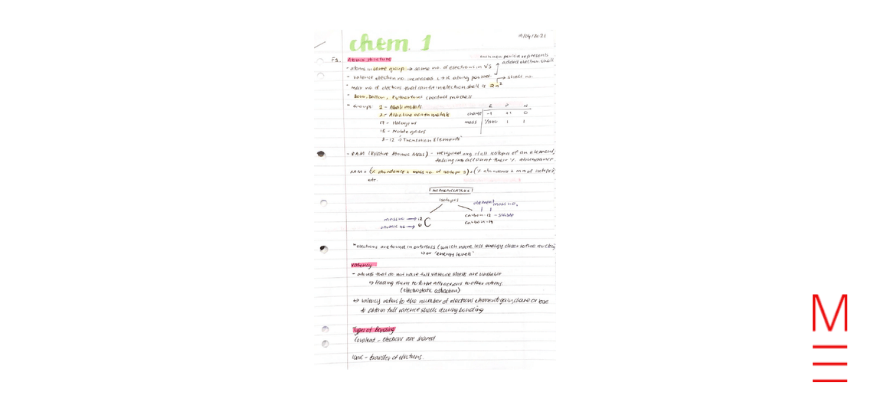Welcome to Matrix Education
To ensure we are showing you the most relevant content, please select your location below.
Select a year to see courses
Learn online or on-campus during the term or school holidays
Learn online or on-campus during the term or school holidays
Learn online or on-campus during the term or school holidays
Learn online or on-campus during the term or school holidays
Learn online or on-campus during the term or school holidays
Learn online or on-campus during the term or school holidays
Learn online or on-campus during the term or school holidays
Learn online or on-campus during the term or school holidays
Learn online or on-campus during the term or school holidays
Learn online or on-campus during the term or school holidays
Select a year to see available courses
Science guides to help you get ahead
Science guides to help you get ahead
In this article, Matrix Scholarship holder Sienna shares how to score A's every time with proper research and study.

Join 75,893 students who already have a head start.
"*" indicates required fields
You might also like

Join 8000+ students each term who already have a head start on their school academic journey.
Matrix Scholarship student Sienna, who graduated in 2023 from SCEGGS Darlinghurst, didn’t just aim for top marks—she achieved the highest possible ATAR of 99.00. In this article, Sienna shares how to score A’s every time and the study strategies she used to consistently stay at the top of her class.
My name is Sienna and graduated in 2023 from SCEGGS Darlinghurst.
Some of the activities I enjoy include a variety of team sports (such as soccer, touch and netball), reading murder mysteries, swimming, and playing the violin.
This year I have chosen to study:
I’ve always loved Maths. I’ve been satisfied by the idea that answers are almost certainly right or wrong, and there are limited ideas that cannot be explained. In that sense, Maths has always seemed the most logical and straightforward to me- because the answer is produced using set steps that can be memorised and then applied to all kinds of problems.
Learn with Matrix!
Join 8,000+ students learning one term ahead with expert teachers and proven Band 6 resources.
Although I do enjoy reading, English has never been my favourite- it’s not so much the breakdown of the text itself but rather the construction of a thematic argument that I struggle with. I’m hoping that this year’s coverage of both novels and film and the study of Shakespeare not only at school but also at Matrix, will help me to improve these analytical skills and my ability to produce high-quality argumentative essays.
I follow these three steps for all my study.
Whether the assessment requires notes or an essay, personal exploration of a topic is critical for a successful outcome. While it might seem tedious to conduct additional research beyond what is covered in class (especially if that double period already seemed long enough!), continued pursuit of new information will undoubtedly result in a wider knowledge of the topic to impact your performance.
For English, this meant using websites such as Matrix Education Blog and Cliffnotes, along with my teacher’s analysis to ensure comprehensive annotations in the chosen text and a more well-rounded understanding of context and language use. After finishing the text, I then organised the quotations and analysis into themes or techniques to allow for easier revision using concise but informative notes.

For Maths, I used the Matrix Theory Books and classwork to write summaries on different topics. When I was confused about certain concepts I could then return back to these notes, and then use textbook questions or sites such as Mathspace to practise.
For Science, I read sections of the textbook before starting the topic to gain an introduction to the main concepts. Along with classwork, I then used the Matrix Theory book for Chemistry and resources such as BrainPop to gain a concise insight into specific ideas. I would then summarise key ideas or topics that I was less confident about to be used for later study.
For example, I made half a page of notes on the Shrodinger model and Advanced Atomic structure in my latest Chemistry course, as this was what I found most challenging in the lesson.


I often underestimate the amount of time taken to understand a certain concept or finish a piece of work, as a result, it is ineffective for me to structure an afternoon of study based on the completion of tasks.
What might seem like a simple ‘ok let’s finish paragraph 1 tonight’ might actually involve 1.5 hours of research and 45 minutes of writing.
Sometimes, the inability to fulfil a task-based plan might encourage the belief that you are being unproductive. Which can become exceedingly frustrating when you were working the entire time and barely thought about closing your book and going off to find a mid-afternoon snack…
Instead, it can help to allocate a certain period of time to work on something specific – e.g. 30 minutes researching or 15 minutes editing. After the timer runs out there is a sense of achievement in knowing you have worked laboriously for those long minutes, despite not always finishing.
And as an additional bonus: there is a definite end in sight!
A rare occurrence when tackling your workload in these senior years! This is incredibly motivating as what might be an “I’ve got to get this in by Friday” can become an “I’ll research for 30 minutes today and write for 45 minutes tomorrow, and that should do it!”
It can also help to construct a checklist for all your projects. You’ll see the bigger picture, and track your timed efforts in contributing to the larger tasks at hand.
Alternatively, if you’re finding that timed work just isn’t for you- maybe because you enjoy methodically ticking off your mental to-do list, or you hate stopping in the middle of something (when time is up), you can try splitting your work up into achievable parts: I thought that was a good segue…
It can be very easy to be daunted by what might seem like an enormous amount of work- whether it be the extensive process of writing a scientific report or trying to study 5 different textbooks as you prepare for exam week. My best solution? Well, it really only comes down to your ability to work regularly but minimally and over as much time as possible.
Now I know how this sounds but hear me out!
To combat feeling overwhelmed (and avoid the procrastination which too often accompanies it), I like to break down any given task into smaller parts which I know I can easily finish.
This way, you have set feasible goals which you can fulfil within the chosen time frame (e.g. one afternoon), which can ensure a sense of satisfaction in slowly chipping away at the work.
For example, rather than viewing my 1500 word art essay as exactly that, I split it into its main ideas: world, audience, artwork, and artist. Then these could be further reduced into artwork= subject matter, line, shape, colour, etc. These smaller sub-topics are fairly easy to research and write about, and can then rapidly contribute to the word count.
This technique can then be applied to hand-in assessments for every subject- whether it be English- finding quotes, researching context, analysing sources; Maths- reading Chapter 6, completing worksheet; Chemistry – draw a graph, develop hypothesis, etc.
Splitting subtopics further via the different bullet points:
VS excerpt of ‘world’ sub-topic in the final essay:
If I was to give one last tip on how to score A’s, it would be that it doesn’t involve studying for the longest, or writing the most complex notes.
It is important to figure out the system that works best for you so that you can work efficiently to get the marks you want while still pursuing other interests and activities.
This may be a weekly sports game, going out with friends or just allowing time for yourself. It sounds unlikely but it really is possible to do well and enjoy high school at the same time!

Expert teachers, detailed feedback and one-to-one help. Book your free trial today and join a class!

"*" indicates required fields
Written by Guest Author
We have regular contributions to our blog from our Tutor Team and high performing Matrix Students. Come back regularly for these guest posts to learn their study hacks and insights!© Matrix Education and www.matrix.edu.au, 2025. Unauthorised use and/or duplication of this material without express and written permission from this site’s author and/or owner is strictly prohibited. Excerpts and links may be used, provided that full and clear credit is given to Matrix Education and www.matrix.edu.au with appropriate and specific direction to the original content.